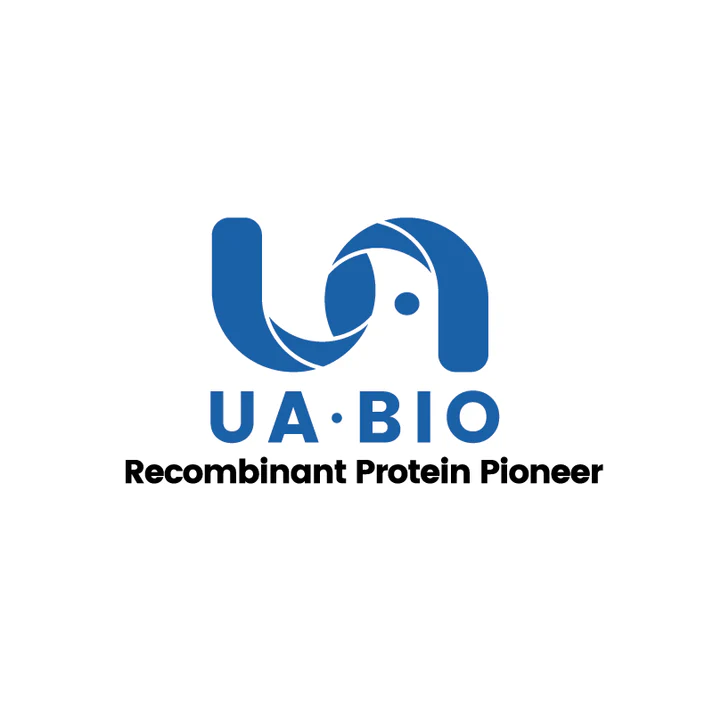1μg (R: reducing condition, N: non-reducing condition).
Product Details
Product Details
Product Specification
| Species | Human |
| Synonyms | amyloid beta (A4) precursor protein-binding, family B, member 2; amyloid beta A4 precursor protein-binding family B member 2; Amyloid beta precursor protein; Amyloid beta; APP; beta Amyloid; Protease Nexin II; SAPPbeta; APP751; PreA4 751 |
| Accession | P05067-8 |
| Concentration | >95% by SDS-PAGE & >90% by SEC-HPLC |
| Amino Acid Sequence | Leu18-Met652 with His Tag at the C-Terminus |
| Expression System | HEK293 |
| Molecular Weight | 90-120kDa (Reducing) |
| Endotoxin | <0.1EU/μg |
| Conjugation | Unconjugated |
| Tag | His Tag |
| Physical Appearance | Lyophilized Powder |
| Storage Buffer | PBS, PH7.4, 5% trehalose |
| Reconstitution | Reconstitute at 0.1-1 mg/ml according to the size in ultrapure water after rapid centrifugation. |
| Stability & Storage | · 12 months from date of receipt, lyophilized powder stored at -20 to -80℃. |
| Reference | 1.Lichtenthaler, S. F. and C. Haass (2004) J. Clin. Invest. 113:1384. |
Background
Amyloid precursor protein (APP) is a type I transmembrane protein found in many tissues, with high concentrations at neuronal synapses. It is proposed to regulate synapse formation and neural plasticity. APP can be processed through two distinct pathways. In one, it is cleaved by β- and γ-secretases to generate amyloid-β protein (Aβ), a key component of amyloid plaques and a major pathological feature of Alzheimer’s disease (AD). In the alternative pathway, α-secretase cleaves APP, producing a fragment that counteracts amyloid formation and prevents Aβ peptide generation. This fragment is considered antiamyloidogenic due to its non-toxic nature and its role in inhibiting Aβ peptide formation. Soluble APP containing the Kunitz protease inhibitor (KPI) domain, also known as protease nexin II, is a potent inhibitor of serine proteases and may possess additional functional roles.
Picture
Picture
SDS-PAGE
SEC-HPLC
The purity of Soluble Amyloid-β/APP (18-652) His Tag Protein, Human is more than 90% determined by SEC-HPLC.


